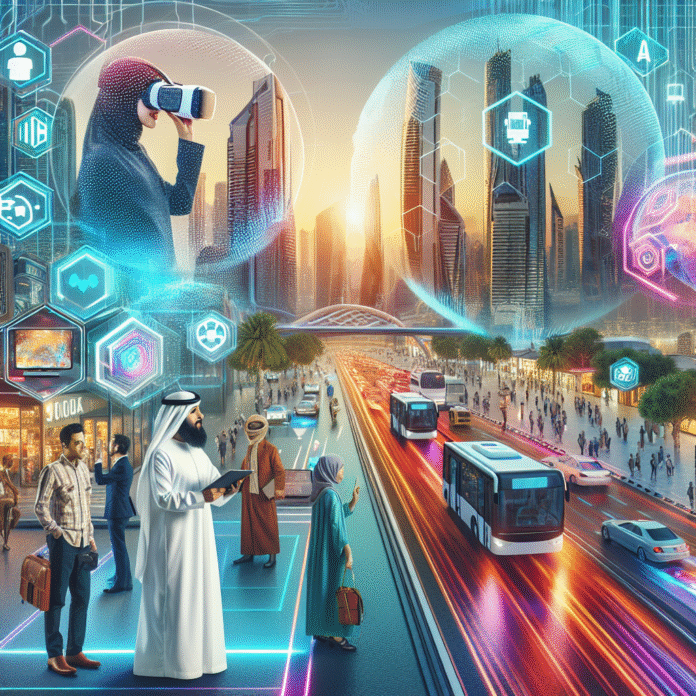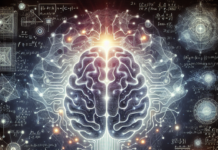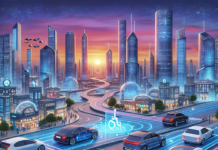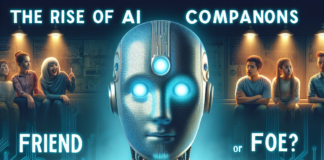The Future is Now: How AI is Shaping Everyday Life
Introduction
Artificial Intelligence (AI) has rapidly evolved over the past decade, moving from theoretical concepts to practical applications that enhance our daily lives. From smart homes to advanced healthcare, AI is transforming how we interact with technology and each other.
AI in Everyday Tasks
Many individuals may not realize that they interact with AI daily. Here are a few examples:
-
- Virtual Assistants: Tools like Siri, Alexa, and Google Assistant help manage schedules, set reminders, and control smart home devices.
-
- Navigation and Travel: AI algorithms streamline route optimization in applications like Google Maps, improving travel efficiency.
-
- Personalized Recommendations: Streaming services like Netflix and Spotify utilize AI to suggest content based on user preferences.
AI in Healthcare
AI’s influence extends significantly into the healthcare sector, improving patient outcomes and operational efficiency:
-
- Diagnostics: AI algorithms analyze medical images to detect diseases like cancer at earlier stages.
-
- Personalized Treatment: Machine learning helps tailor treatment plans based on individual genetic data.
-
- Administrative Tasks: AI automates scheduling and patient management, allowing healthcare professionals to focus more on patient care.
The Future of Work
The workplace is also adapting to the rise of AI. Key changes include:
-
- Automation: Routine tasks are increasingly automated, enabling employees to focus on higher-value work.
-
- Remote Work: AI tools enhance collaboration and productivity, making remote work more efficient.
-
- Skill Development: As AI takes on repetitive tasks, there’s a growing need for employees to develop skills in creativity and problem-solving.
Ethical Considerations
As AI becomes more integrated into society, ethical considerations are paramount:
-
- Privacy: The use of AI raises concerns about data collection and user privacy.
-
- Bias: Algorithms can reflect biases present in training data, leading to unfair outcomes.
-
- Job Displacement: While AI can enhance productivity, it may also lead to job losses in certain sectors.
Conclusion
The integration of AI in everyday life is undeniable and continues to evolve. Embracing the benefits while being mindful of the ethical implications will be crucial as we move into this new era. The future is indeed now, and AI is at the forefront of shaping it.
Check it here, How Artificial Intelligence is Reshaping Everyday Life







